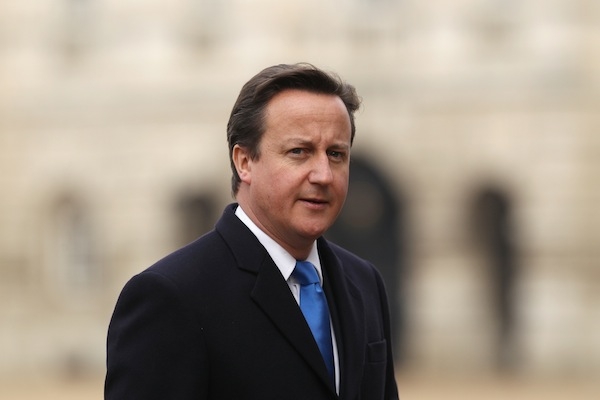Conservative backbenchers are worried that the Prime Minister and his colleagues leading the Conservative party do not have a clear plan for winning the 2015 election. The Times reports today that they will try to corner David Cameron at a supper of the parliamentary party next week to ask him what his strategy is. They are also taking tips from Boris on how to win elections at a meeting of the 1922 committee.
If Cameron does not divulge his strategy next Wednesday, he risks reading more hostile briefings against him in the papers from backbenchers panicked about their own job security. There are also growing concerns on the Tory benches that the government needs to show it is doing everything it can to tackle a key cause of voter desertion: the cost of living. James reported a few months ago that Downing Street was flapping a little about the number of voters turning away from the Tories over the price of food, rent, fuel and other necessities. There was a call for departments to ensure they were doing everything they could to drive down living costs, but progress seems sluggish.
Last week Conservative Julian Smith became the 70th MP to sign up to the Petrol Promise campaign for an investigation by the Office of Fair Trading into the price of fuel. There are angry rumblings about a rebellion on train fare increases. Today Shelter underlined the pressure that households are under by publishing research which found the number of 31-44 year olds who are delaying having children due to the lack of affordable housing has increased by 63 per cent since 2009. One in four of those who told the YouGov survey they were delaying their family plans said they had been doing so for five years or more. These are issues that worry MPs the most because they are the issues that irk their constituents the most. They see welfare and the cost of living as the key battlegrounds for the next general election, and will expect the Prime Minister to focus on these areas in any plans he draws up. Otherwise, he might find certain MPs slipping references to the price of milk into conversations with journalists.







Comments